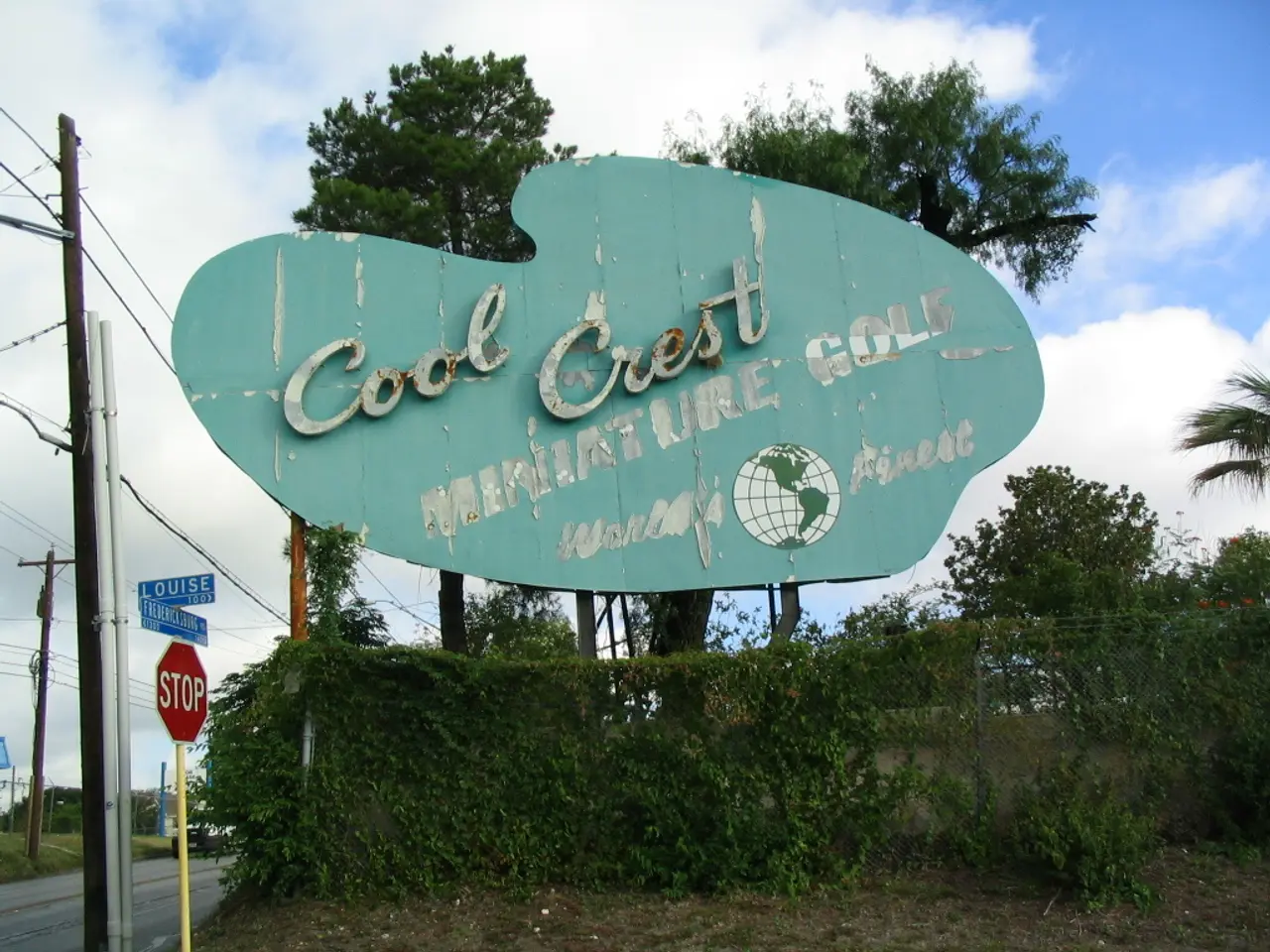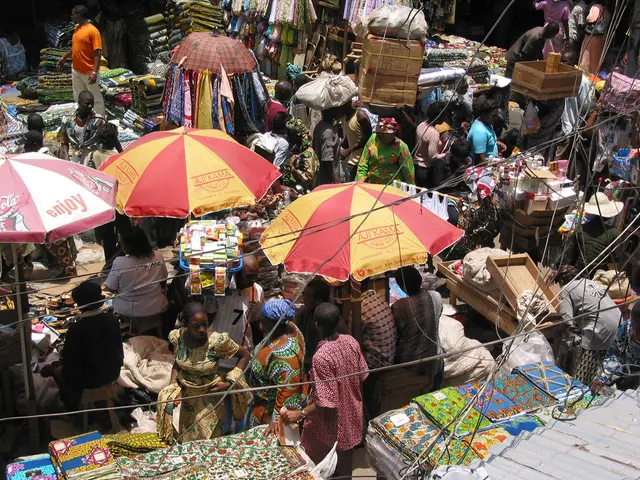Nigeria Forms Panel to Safeguard Fiber Optic Networks and Address Telecommunications Interruptions
In a bid to enhance economic growth, technological innovation, and seamless connectivity, Nigeria has established a Joint Standing Committee on the Protection of Fiber Optic Cables. This committee, led by the Federal Ministry of Works (FMoW) and the Federal Ministry of Communications, Innovation, and Digital Economy (FMoCIDE), aims to reduce fiber cuts and enhance telecom services.
The committee's primary responsibility is to develop standardized engagement procedures to protect fiber optic infrastructure. This includes the formation of a joint technical committee to coordinate the protection and maintenance of fiber optic cables and related infrastructure, ensuring alignment between ministries such as Communications and Steel Development for local supply and sustainability.
Another key initiative is the joint committee by the Nigerian Communications Commission (NCC) to prevent fiber cuts during road works. This committee facilitates coordination with construction agencies to avoid disruption of cables during infrastructure projects.
Promoting local industry involvement is also a critical aspect of the strategy. The use of materials like galvanized steel for telecom towers provides durable physical infrastructure to protect fiber cables. Furthermore, efforts to incorporate locally produced materials support sustainable and resilient telecom infrastructure.
The committee also emphasizes public-private partnerships (PPPs) and regulatory reforms to enable faster and more transparent infrastructure projects, potentially including fiber optic deployment and protection measures. Support for multi-stakeholder, community-based network development also aims to enhance telecom service reach and resilience.
Dr. Aminu Maida, NCC Chief Executive Officer, stressed that reducing fiber cuts would enhance service quality, lower maintenance costs, and speed up broadband expansion. The absence of an effective coordination mechanism between road contractors and telecom companies has been a significant contributor to the increasing number of fiber cuts, according to Dr. Maida.
In 2024, Nigeria recorded over 50,000 fiber cuts, with approximately 30,000 of these incidents linked to road construction projects. The committee, inaugurated on February 18, 2025, will ensure fiber placement is incorporated into road design and construction plans. The committee will work closely with Federal Controllers of Works to safeguard fiber infrastructure across the country.
If avoidable fiber cuts can be prevented, telecom companies can redirect funds towards expanding network infrastructure. Operators are forced to invest heavily in redundant routes and repair efforts due to fiber cuts. Frequent damage to fiber optic cables in Nigeria is often caused by road construction and maintenance activities.
The Permanent Secretary at FMoCIDE, Engr. Farouk Yusuf, highlighted the importance of fiber optics in Nigeria's digital economy. These combined measures contribute to reducing fiber optic cable cuts and improving telecom service quality across Nigeria, potentially mitigating major network outages like the nationwide MTN outage in February 2024. Every fiber cut in Nigeria results in service disruptions for the public.
The committee includes representatives from the Nigerian Communications Commission (NCC), demonstrating a proactive approach to reducing physical damage to the infrastructure. These initiatives reflect a commitment to a reliable, sustainable telecom infrastructure and minimizing fiber optic cable damage in Nigeria.
- The joint technical committee formed by the committee will coordinate the protection and maintenance of fiber optic cables and related infrastructure, utilizing technology to ensure alignment between ministries and promote standardized engagement procedures.
- The committee's emphasis on public-private partnerships and regulatory reforms includes leveraging technology to facilitate faster and more transparent infrastructure projects, such as fiber optic deployment and protection measures, aiming to enhance telecom service quality and reduce fiber optic cable cuts in Nigeria.




